Encore Sunday, April 16, 2023 at 11 p.m. on KPBS 2 / No longer available on demand
For filmmaker James Rutenbeck, “A Reckoning in Boston” started as an exploration of how engagement with the humanities can transform the lives of adults facing economic hardship and adverse circumstances. But after spending years among these students, Rutenbeck is forced to come to terms with a flawed film premise and his own complicity in racist structures. In time, the film narrative shifts and his subjects become his producing partners. Hailed as “an absolute must-see” by The Boston Globe, “A Reckoning in Boston” premieres on INDEPENDENT LENS.
Throughout the United States, the Clemente Course in the Humanities has given low-income adults — many of whom have experienced homelessness, transitioned out of incarceration, or faced financial barriers to a college education — a free opportunity to explore the great works of literature, art history, moral philosophy, and American history. In 2014, Rutenbeck, a white suburban filmmaker, came to Dorchester, Massachusetts, to document Clemente students and their engagement with the course. As he spent time outside the classroom with two students, Kafi Dixon and Carl Chandler, James began to question his ability to mediate their stories.
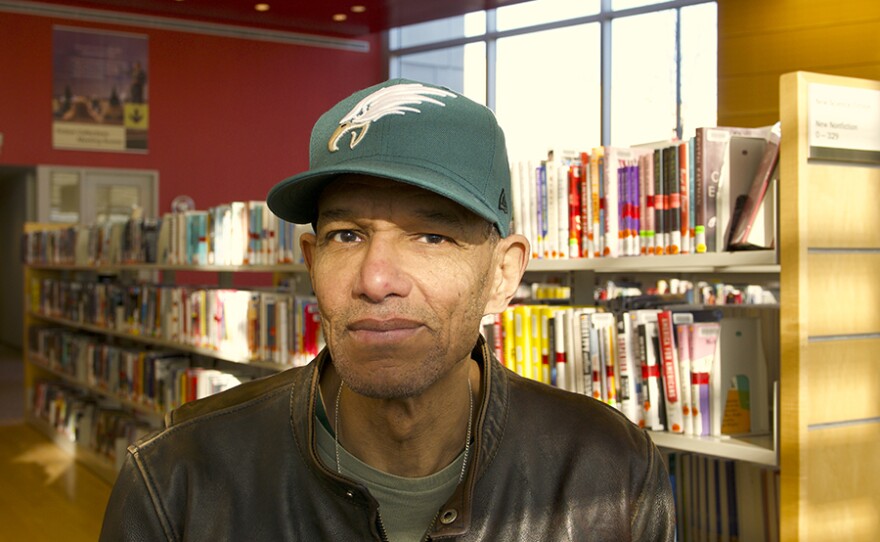
Dixon and Chandler urged the filmmaker to turn the camera around and make himself as vulnerable as they have for him. In the process he was forced to reckon with the systemic racism that exists in communities in Boston and across the U.S., and his place within that system. The film’s two initial main characters, Dixon, a 44-year-old Boston bus driver who explores her future as an African American farmer in the Northeast, and Chandler, a 66-year-old single father living on a small pension and disability payments, evolve from subjects to producers on the film as they guide Rutenbeck to find his voice throughout the narrative.
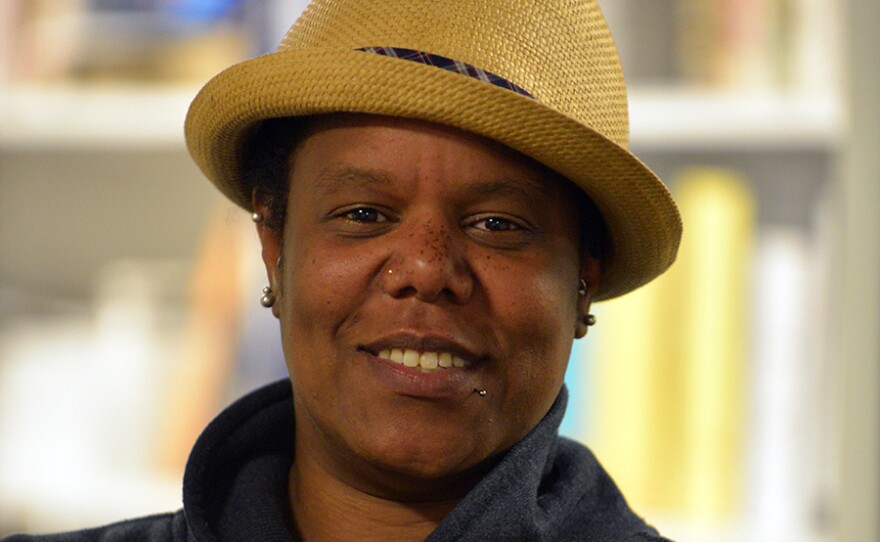
The final result, “A Reckoning in Boston,” is a story narrated not only by Dixon and Chandler, but Rutenbeck as well. Dixon and Chandler work to overcome the violence, racism, and gentrification that threatens Boston, while filmmaker Rutenbeck faces his own relationship to racial and economic privilege.
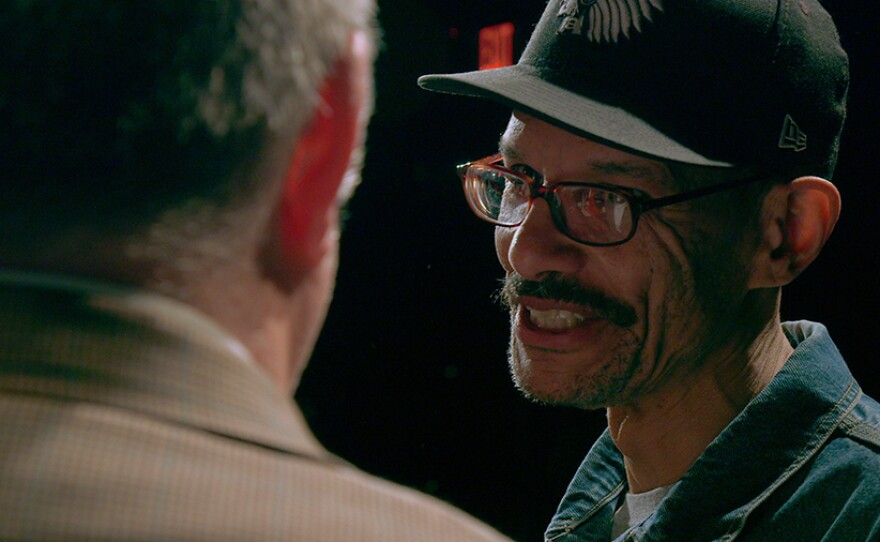
“While making this film, I realized ever-present structural racism was something I could no longer ignore, and with the help of my subjects, co-producers and friends Kafi and Carl, we transformed the film. Our collaboration led to an honest and raw exploration of economic and racial inequality, in a city with a glaringly wide racial wealth divide.” said filmmaker James Rutenbeck. “I hadn’t really understood the lives of low-income people of color, and had failed to recognize my own complicity in the structures that were holding them back. Looking back now, there’s some irony in a white suburban filmmaker being encouraged to find and value his voice, by people whose stories he had set out to tell. I hope that is evident to viewers of our film.”
“A Reckoning in Boston” takes viewers inside Clemente classroom discussions on classic and contemporary texts, and into the lives of Dixon and Chandler as they both face eviction — shedding light on how rapid real estate development and gentrification propel inequality in Boston and other cities.
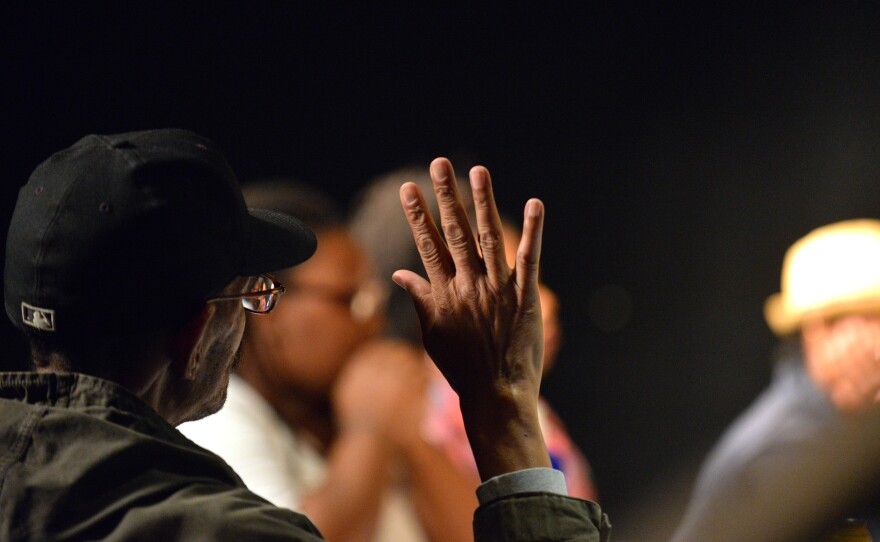
“We cannot overcome racial and economic inequalities if we continue to ignore that these disparities exist,” said subject and producer Kafi Dixon. “It was important that James come into the lives of Carl and I, and experience firsthand what it means to be evicted, and reckon with his own silence and how it contributes to racism and inequity. Through these life experiences, James became aware of his blind spots, and we came together to make a film that hopefully encourages others to speak up.”
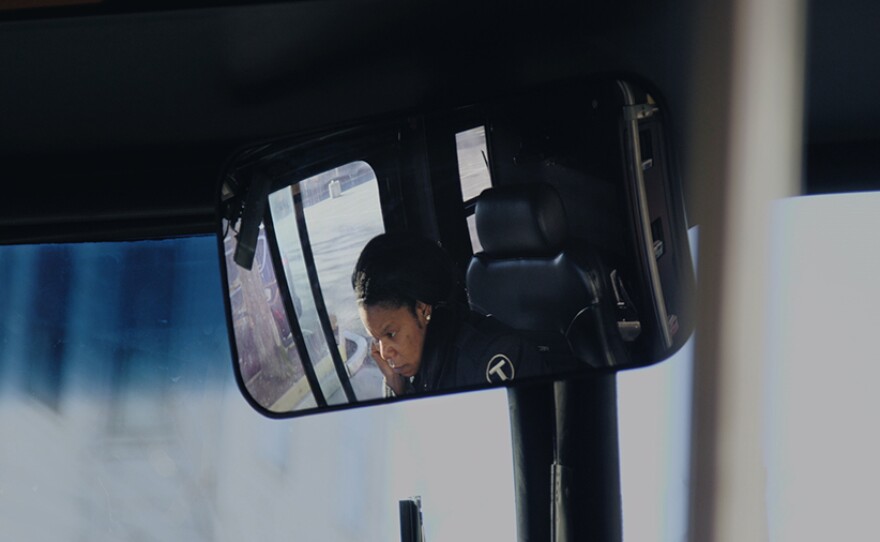
This episode is no longer available on demand.
Join The Conversation:
INDEPENDENT LENS is on Facebook, Instagram, @IndependentLens on Twitter #IndieLensPBS
"A Reckoning in Boston" is on Facebook / Instagram
Credits:
Directed, written and edited by James Rutenbeck. Produced by Carl Chandler, Kafi Dixon and James Rutenbeck. Co-Producer: Diana Fischer. Coordinating Producer: Heather Merrill. Executive Producers: Llewellyn Smith, Anne Marie Stein, Sally Jo Fifer, Lois Vossen and Noland Walker.





